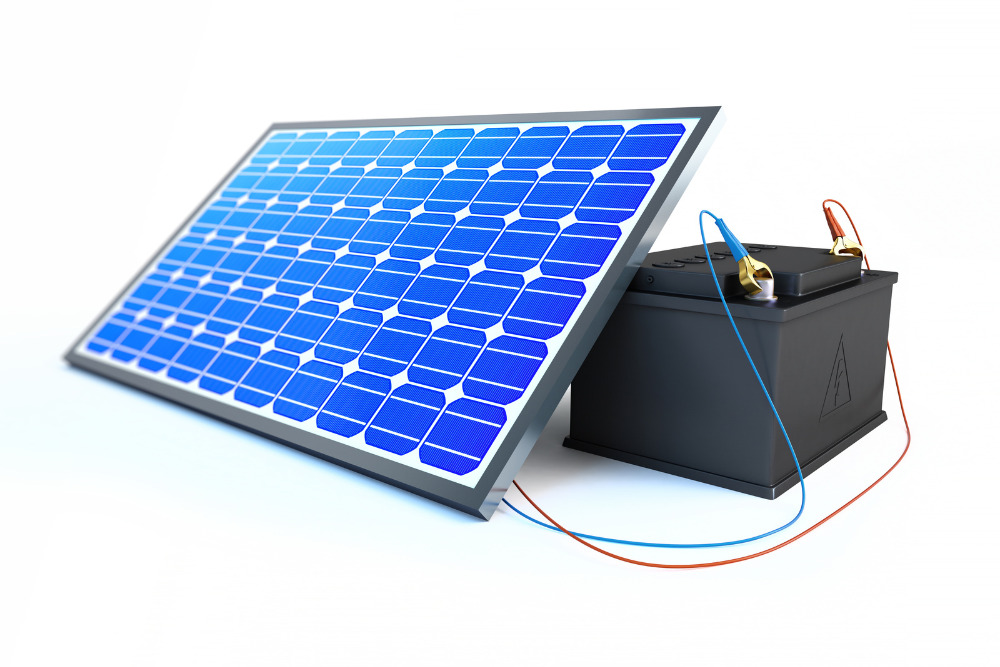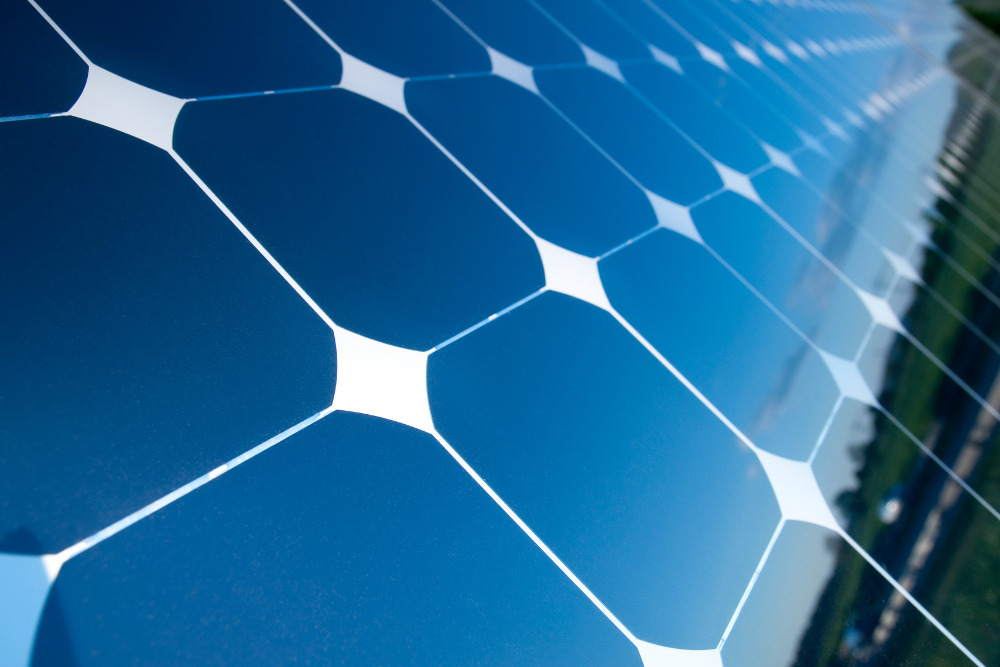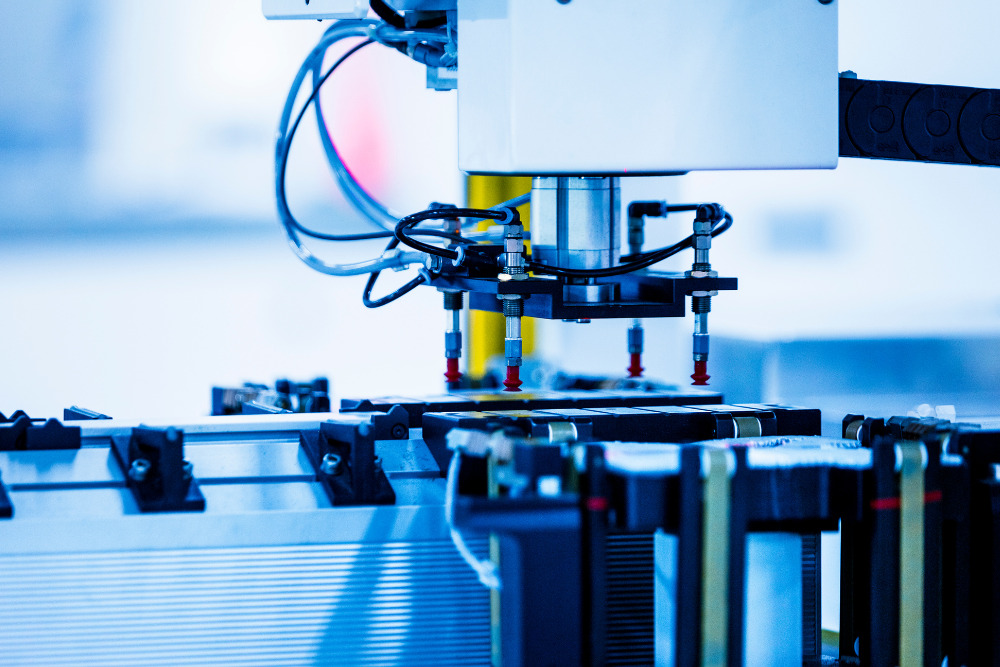
Homeowners considering solar should understand the two primary types associated with solar equipment: the manufacturer’s product warranty and the solar panel performance warranty. Depending on the installer and manufacturer, there may be additional warranties for installation, inverter, or solar battery.
One of the most important things to understand when installing solar panels is what constitutes a suitable warranty. Your warranty should provide peace of mind by protecting your solar investment against potential defects and performance issues.
It’s crucial to work with reputable solar manufacturers and installers who offer reliable warranties and choose a company that stands behind its products and provides support throughout the lifespan of your solar panel system.
Types Of Warranties That Protect Your Solar Investment
The product warranty covers any defects in the solar panels themselves, such as manufacturing or material flaws. On the other hand, the performance warranty guarantees the expected solar power output over a specified period, ensuring that your panels will generate electricity as promised.
Manufacturer’s Warranty
The manufacturer's warranty (or “product warranty”) is provided by the solar panel manufacturer and covers defects in materials or workmanship. They are typically a 10 to 25-year warranty, depending on the manufacturer, quality, and specific components.
Solar panel product warranties generally cover manufacturing or material defects that affect the panel's performance. This includes panel failure issues such as malfunctioning cells, delamination, premature degradation, or other problems that arise from the manufacturing process. It ensures the solar panels function as intended and provides recourse if manufacturing defects affect their performance.
Product warranties sometimes cover the durability and resistance of the panels against environmental factors such as hail, wind, and snow. They ensure the panels are designed to withstand typical weather conditions without suffering significant damage or loss of performance. It’s important to read the warranty carefully to understand what’s covered. In some cases, damage from weather or trees will fall under the homeowner’s insurance policy, not the warranty.
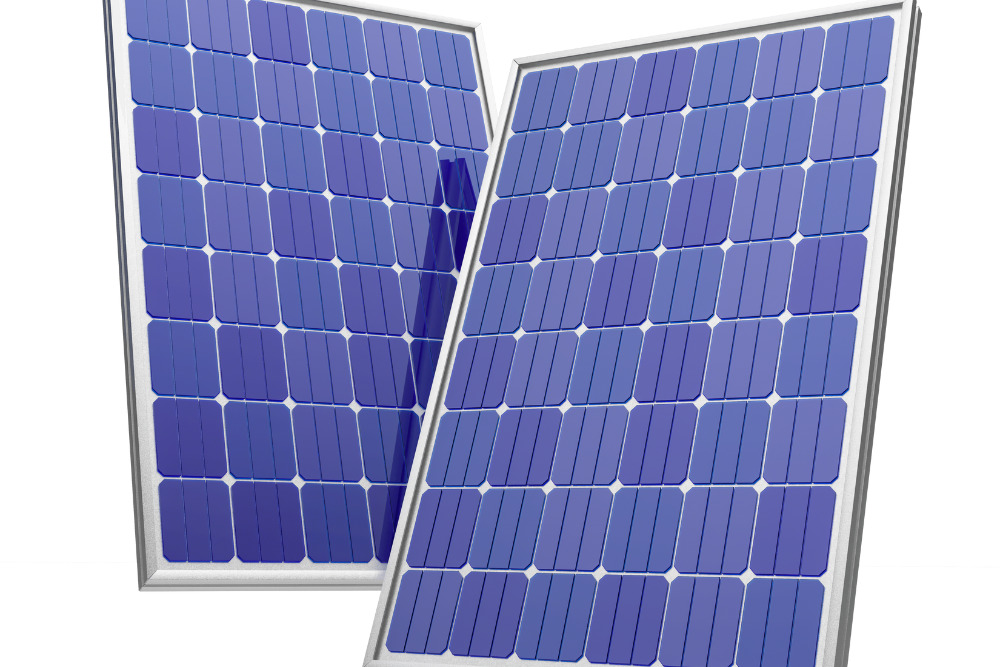
Performance Warranty/Guarantee
The performance warranty, also called the “power output guarantee,” ensures your solar panels maintain a certain level of power output over a specified period. They typically range from 20 to 30 years, depending on the manufacturer.
The warranty guarantees the panels produce a minimum percentage of their rated power output, assuring their long-term performance and efficiency. If the panels fall below the guaranteed level, the manufacturer will repair or replace the array.
Installation Warranty
The solar panel installer provides the installation warranty and covers any issues or faults related to the installation process. This is generally a 1 to 10-year warranty, depending on the installer's terms.
This warranty ensures that the installation quality meets solar industry standards and that the installer will address and resolve any installation-related problems. Since labor costs make up a big portion of a solar installation, this warranty gives homeowners peace of mind that the job was done correctly.
Some installers may include several inspections during the first year of operation as part of their installation warranty. This ensures the system is performing as expected and helps homeowners understand how much maintenance to expect in subsequent years (i.e. cleaning or pest control based on what the installer observes during inspections).
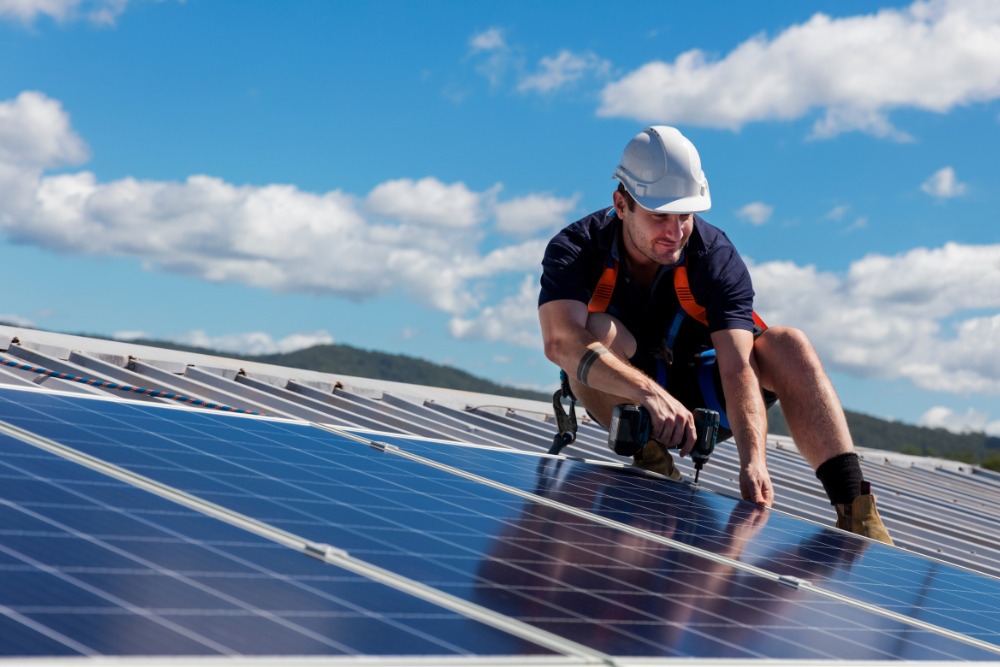
Solar Inverter Warranty
The inverter warranty covers the solar system inverter, which converts the DC electricity the solar panels generate into usable AC electricity. Inverter warranties are usually between 5 and 12 years, depending on the manufacturer and the specific model. Some companies will extend the warranty to 25 years.
This warranty guarantees that the inverter functions properly and is free from defects during the specified warranty period. In the event of any issues or failures with the inverter, the manufacturer provides repair or replacement services.
Microinverter warranties are longer than standard inverters, typically ranging from 10 to 25 years. The extended warranty duration reflects the individualized and independent operation of microinverters, which are installed on a per-panel basis.
How Long Is The Warranty On A Solar System?
A solar energy system warranty duration depends on the manufacturer, installer, and specific system components.
A solar panel product warranty (equipment) typically ranges from 10 to 25 years. Some manufacturers may offer extended warranties beyond 25 years for specific components.
The performance warranty guarantees the expected power output of the solar panels over a specified period and can range from 20 to 30 years.
Some solar companies may offer additional warranties on the installation workmanship, inverters, or other system components. These warranties can vary in duration, typically 1 to 10 years.
Can A Solar Panel Warranty Be Transferred?
Solar panel warranties can usually be transferred to a new owner if the property or solar system is sold. This is known as a transferable warranty. However, it's important to review the specific terms and conditions of the warranty documentation to understand the requirements and any associated fees or procedures for transferring the warranty.
Some solar panel warranties may have certain limitations or conditions for the transfer to be valid. These include notifying the manufacturer or installer of the transfer within a specified time frame, providing relevant documentation, or paying a transfer fee.
Transferring the warranty can add value to the property and provide peace of mind to the new owner.
What Can Void A Solar Panel Warranty?
Several factors can potentially void a solar panel warranty claim:
If the solar panels are not installed according to the manufacturer's guidelines or by a qualified professional, it can negate the equipment warranty. It's crucial to have the panels installed by certified installers who follow the recommended solar installation practices. DIY installations are typically not covered under warranty.
Making unauthorized repairs or modifications to the equipment, such as opening the panels or tampering with the solar batteries, can void the warranty. Only authorized technicians should perform any repairs or modifications to avoid compromising the warranty coverage.
Neglecting regular maintenance tasks outlined in the warranty documentation, such as cleaning the solar PV panels, checking connections, or performing system inspections, can void the warranty.
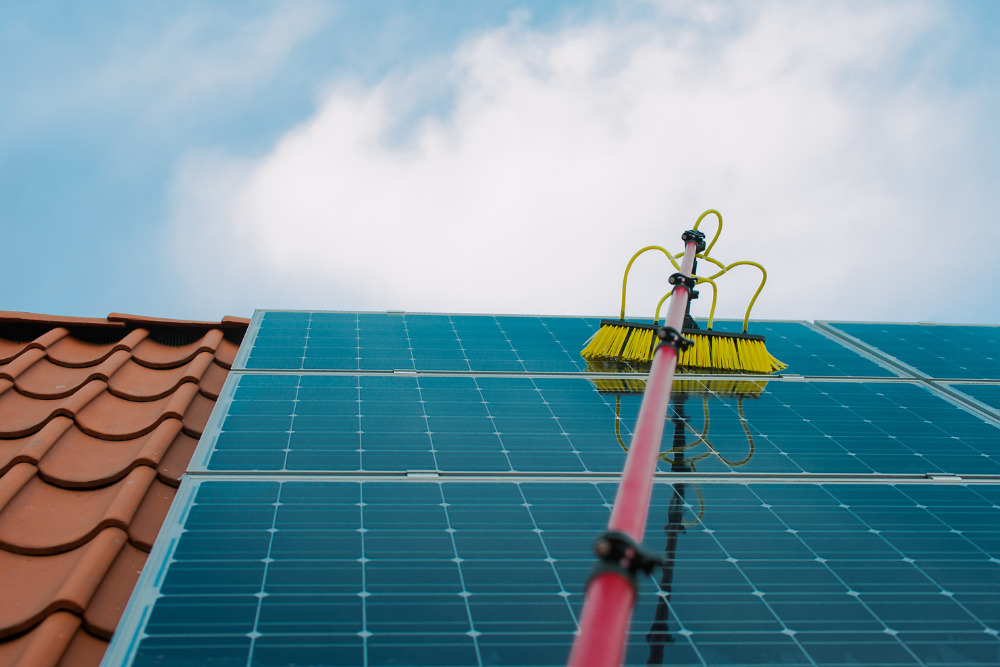
Using components or accessories not approved or recommended by the manufacturer, such as incompatible mounting hardware, poor quality racking, or unauthorized inverters, can void the warranty.
Misuse, negligence, accidents, or vandalism may void the warranty depending on coverage.
Attempting to transfer the warranty to a new owner without proper authorization or following the required procedures may annul the warranty.
Are DIY Solar Panel Installations Covered Under Warranty?
In general, do-it-yourself (DIY) solar panel installations are not covered under the standard warranty offers provided by manufacturers. Most solar panel warranties explicitly state that professional installation by certified installers is required to ensure warranty coverage.
Manufacturers typically require professional installation to ensure the panels are correctly installed according to their specifications and guidelines. Some manufacturers may offer separate warranties or provisions specifically for DIY installations, but this is rare.
What Happens At The End Of A Solar Panel Warranty?
The manufacturer's coverage typically expires at the end of a solar panel warranty. Once the warranty period has elapsed, the manufacturer is no longer obligated to provide repairs, replacements, or compensation for any issues or defects that arise with the solar panels.
Once the warranty has ended, the responsibility for any maintenance, repairs, or replacements falls on the owner of the solar panel system. If any problems occur after the warranty period, the owner must bear the costs associated with addressing those issues.
It's worth noting that even after the warranty has expired, well-maintained solar panels should continue to operate and generate electricity for many years. However, the performance of even the best solar panels gradually declines over time due to natural wear and tear, environmental factors, or aging.
